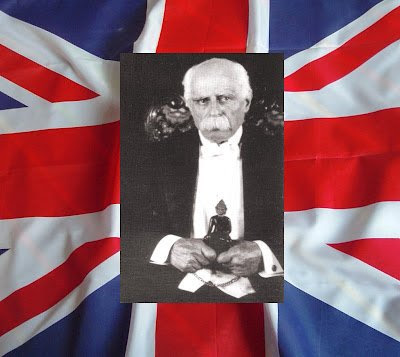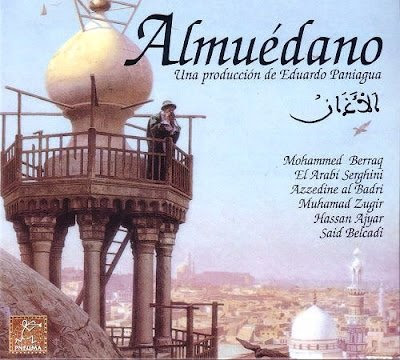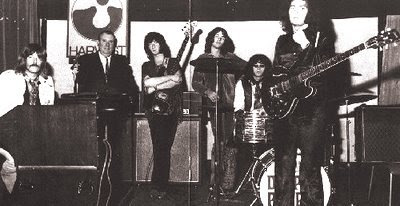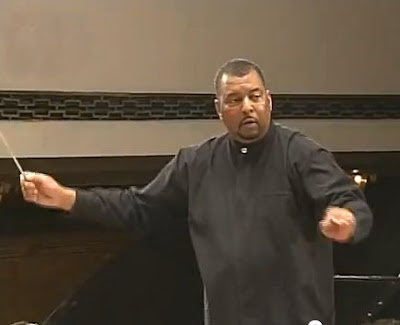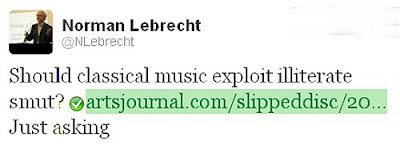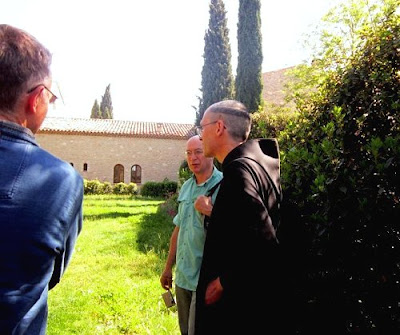The mysticism of sound and music

Why is music called the divine art, while all other arts are not so called? We may certainly see God in all arts and in all sciences, but in music alone we see God free from all forms and thoughts. In every other art there is idolatory. Every thought, every word has its form. Sound alone is free from form. Every word of poetry forms a picture in our mind. Sound alone does not make any object appear. Those words are from The Mysticism of Sound and Music by founder of The Sufi Order in the West and musician Hazrat Inayat Khan (1882-1927). He is one of those figures often associated with "supermarket spirituality", but there is much in his book for those prepared to accept that science does not hold every answer. Hazrat Inayat Khan teachings revolve around the centrality of vibrations - "Spirit descends into matter by the law of vibrations, and matter may also ascend toward the spirit", which connect with recent paths about al-Kindī , amplification , kinetic art ,
